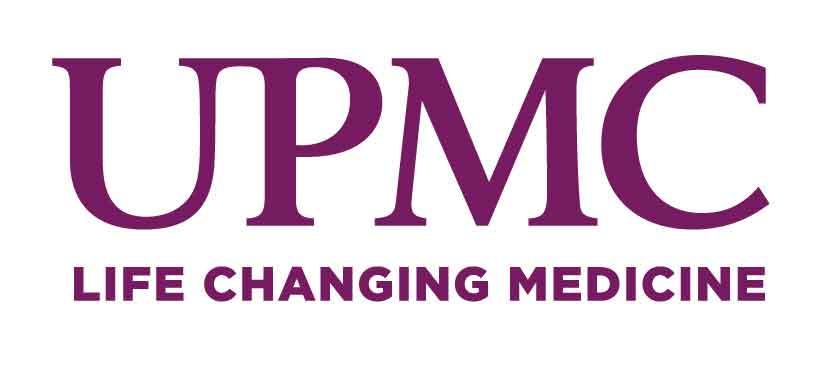UPMC: UPMC Opens New Lab Offering Thrombectomy Services for Stroke Patients in Central Pennsylvania
UPMC in Central Pa. is now offering thrombectomy services at its newly opened interventional suite located at UPMC Harrisburg, 111 South Front St., Harrisburg. Thrombectomy is a minimally invasive and highly effective procedure to remove clots from blood vessels. It is used to treat ischemic strokes – the most common type of stroke – and in improving patient outcomes and experience.
With the introduction of this new procedure, patients in the region can receive care faster. Access to care, without needing to transfer a patient to a further location, helps reduce time to treatment. In stroke care, “time is brain”, which means getting treatment quickly can reverse or mitigate damage and could save a patient’s life.
“Providing continued education and resources for stroke prevention is testament to UPMC’s commitment to improve the health of our communities in central Pennsylvania through better access and innovation,” said Lou Baverso, president, UPMC in Central Pa. “Bringing UPMC’s life-changing medicine to the communities we serve is our priority.”
UPMC Stroke Lab releaseUPMC in Central Pa. is recognized nationally for providing high-quality stroke care, leading to positive outcomes. The thrombectomy service in the newly opened lab will be supervised by Bart Thaci, M.D., an endovascular neurosurgeon, and assistant professor of neurological surgery at UPMC in Central Pa. Dr. Thaci specializes in cerebrovascular neurosurgery for the treatment of brain and spinal cord vascular disorders.
“For a patient experiencing an ischemic stroke, a clot blocks blood flow to an area of the brain,” said Dr. Thaci. “A thrombectomy procedure can restore blood flow and can provide rapid, sometimes even visible, improvement before a patient leaves the surgical suite. A thrombectomy can reduce the risk of death or permanent disability in stroke patients if performed promptly.”
Stroke is a leading cause of death in the United States and a major cause of serious disability for adults. The arteries deliver oxygen-rich blood to all parts of the brain. If something happens to block the flow of blood, brain cells start to die within minutes, because they can’t get oxygen. This causes a stroke.
Immediate response and medical care at the first sign of stroke symptoms are essential. Education like “BE FAST” helps the public know what to look for in themselves or others. Preventive care of risk factors and related conditions lessens the likelihood of a major stroke event.

